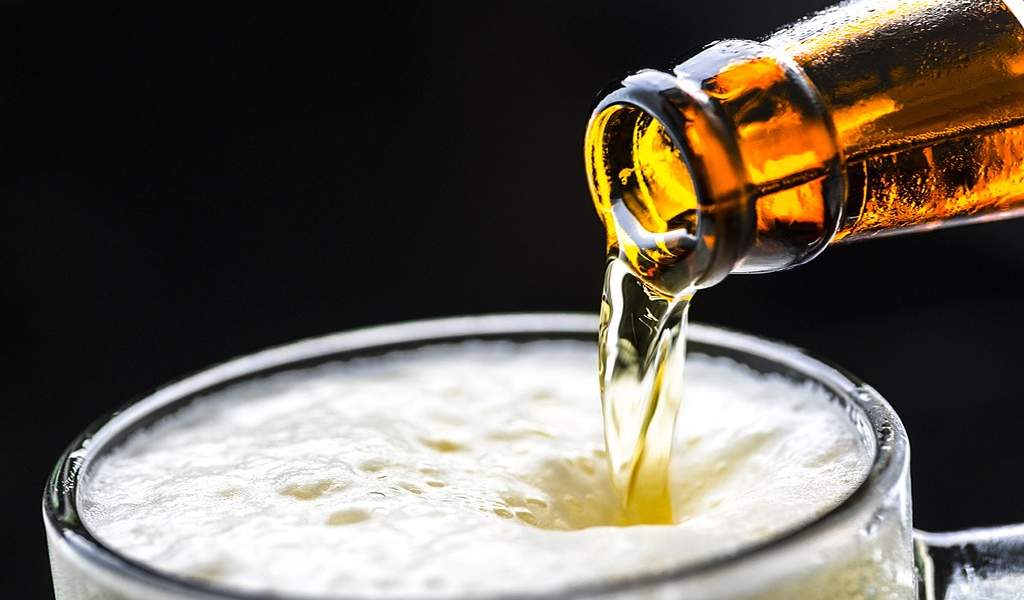A study conducted by a U.S. medical research facility has discovered that having one alcoholic drink a day could raise your risk of certain cancers.
Initiated by researchers at the NYU School of Medicine, the study proposed that one alcoholic drink a day could raise the number of oral bacteria in the mouth’s microbiome, meaning a community of microorganisms living in a particular habitat. In medicine, the microbiome usually refers to the “gut microbiome” which acts as the body’s frontline for the immune system.
Previous scientific studies have established a link between a disruption of a person’s normally healthy gut microbiome with an increased risk of certain cancers.
Led by researchers at NYU School of Medicine, the study surveyed 1,044 participants between the ages of 55 and 87 who were all healthy at the start of the study. Participants were asked to provide mouthwash samples of their oral microbiome, as well as information about their alcohol consumption.
For the purpose of the study, “moderate drinkers” were distinguished as “those who drink one drink per day on average for women, and one to two drinks per day on average for men”. The men and women who had greater than two or one drink per day, respectively, were considered heavy drinkers.
The team then used laboratory testing to genetically analyze and quantify the oral bacteria among the participants. The results showed that moderate and heavy drinkers had more of the potentially harmful Actinomyces, Bacteroidales, and Neisseria species of bacteria, and fewer of the Lactobacillales, a bacteria commonly used in probiotic food supplements that aim to prevent sickness. Lactobacillales bacteria are obviously more present in non-alcoholic drinkers.
Senior investigator Jiyoung Ahn, PhD, commented on the findings saying, “Our study offers clear evidence that drinking is bad for maintaining a healthy balance of microbes in the mouth and could help explain why drinking, like smoking, leads to bacterial changes already tied to cancer and chronic disease.”
Cancers that have already been associated with changes in oral bacteria include gastrointestinal cancers, and head and neck cancers. The oral microbiome has also been linked to the risk of developing periodontal disease which, in some studies, have been linked to an increased risk in heart attacks.
However, the team acknowledged that more research is needed to see how these alcohol-related changes could be linked to various diseases.
The researchers also added that although the study was large enough to look at the differences in bacteria between drinkers and non-drinkers, further studies are needed to look into bacterial changes among the type of drinkers of different types of alcohol. For example, only 101 wine-only drinkers were included in the study, along with just 39 who drank only beer, and 26 who drank only liquor.
Ahn also theorized that changes in the microbiome could be caused by the acids in the alcoholic drinks, which may make the oral environment not conducive for certain good bacteria to grow. Another explanation is that the harmful byproducts released when alcohol breaks down could build up in the mouth, including chemicals called “acetaldehydes”, which are produced by certain bacteria, such as Neisseria.
A more extensive analysis and results of the study can be found online in the journal Microbiome.


